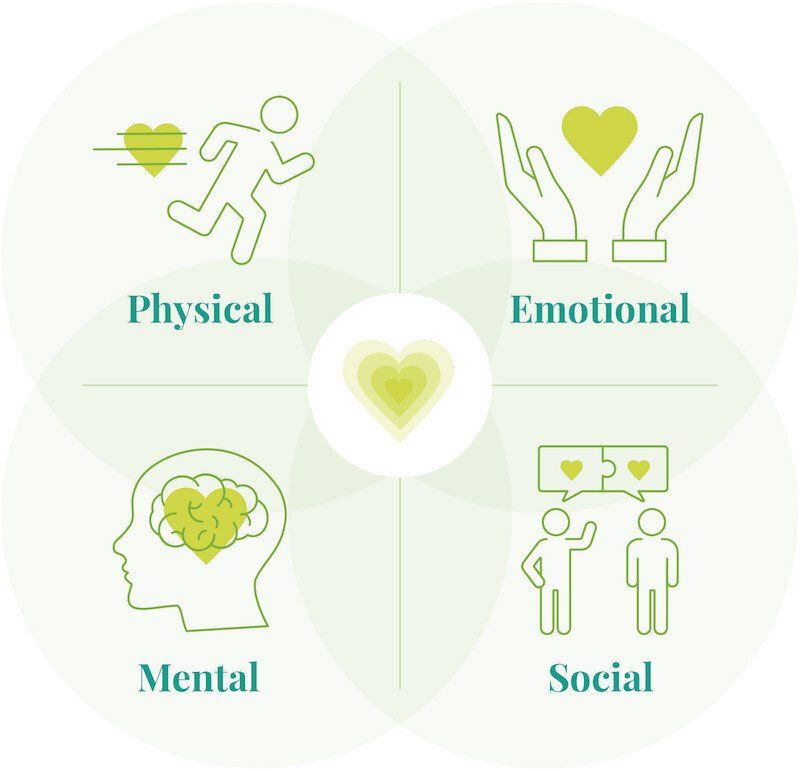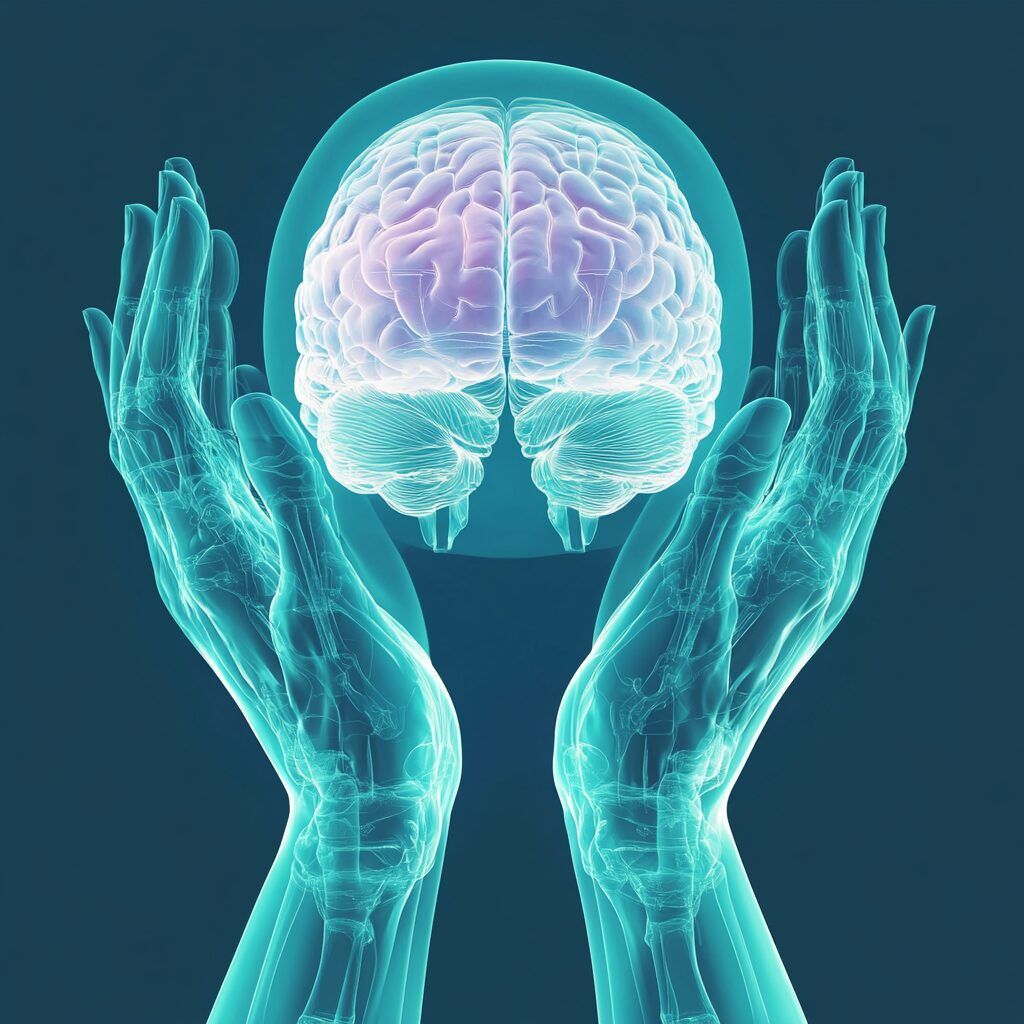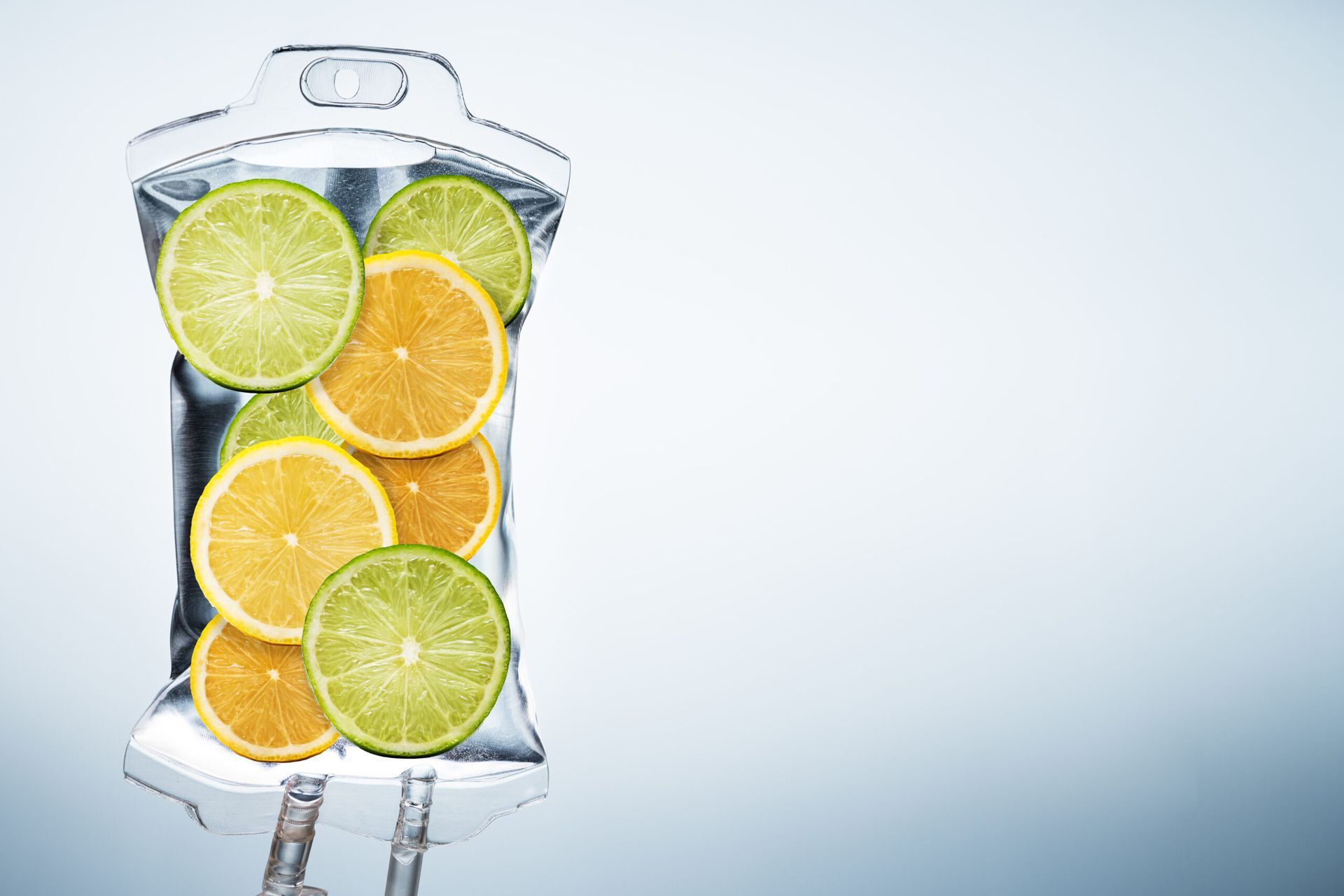"Gratitude is an opener of locked-up blessings." —Marianne Williamson
What is one of the most potent yet simple practices for overall wellbeing, whether you are young or old, healthy or ill, financially struggling or stable?
You might be surprised to find: it's Gratitude
.
"The attitude of gratitude is the highest way of living, and is the biggest truth, the highest truth."
—
Yogi Bajan
After ten weeks, comparative study research participants who were asked to keep weekly gratitude journals measured with higher optimism, exercised more, reported fewer physical maladies, felt better about their lives and had fewer visits to their doctors, according to a study by psychologists Dr. Robert A.
Emmons and Dr. Michael E. McCullough. This is in comparison with groups who either journaled their irritations or simply journaled with no instruction. Participants who kept gratitude lists were also more likely to have made progress toward important academic, interpersonal and health goals over a two-month period (Emmons & McCullough 2003).
Young adults who participated in daily self-guided gratitude exercises had higher levels of alertness, enthusiasm, determination, attentiveness and energy compared to a focus on hassles or "downward social comparison" (ways participants thought they were better off than others). These participants in the gratitude exercises were also more likely to have reported having helped someone or offered emotional support to another person.
"Acknowledging the good that you already have in your life is the foundation of all abundance."
—Eckhart Tolle
In a sample of adults with neuromuscular disease, a 21-day gratitude intervention resulted in greater amounts of high energy positive moods, a greater sense of feeling connected to others, more optimistic ratings of one’s life, and better sleep duration and sleep quality, relative to a control group (Emmons & McCullough 2003)
Gratitude "is not only the greatest one but also the mother of all the other remaining virtues."
—Cicero
Gratitude can foster resilience during a period of life transition, as indicated in a study of first-term undergraduate students who were reportedly less stressed and less depressed and had higher perceived social support than those who measured with lower gratitude (Wood et al., 2010).
Children who practice "counting their blessings," a form of grateful thinking, have more positive attitudes toward school and families (Froh, Sefick, & Emmons, 2008).
"You pray in your distress and in your need; would that you might pray also in the fullness of your joy and your abundance."
—Kahlil Gibran
"If you say only one prayer a day, make it thank you."
—Rumi
The listing of research could continue ... but let's move to what you can do now to cultivate gratitude in your life.
WAYS TO CULTIVATE GRATITUDE
1.
Keep a gratitude journal
- it only takes a few minutes a day to write down a list of what you are grateful for. It doesn't have to be anything grand; it just has to be authentic. Start with "a place to sleep," or "healthy food," or whatever comes up first. You may find that as you continue to write, it becomes easier and easier ...
2.
Meditate on gratitude - before you get out of bed in the morning, or before you fall asleep, focus on things you are grateful for. Try to feel gratitude in your body, to create a sense of gratefulness that you can feel, perhaps in your heart.
3.
Write a thank-you note
- you can decide to deliver it or not. Write a letter to yourself. Read it out loud over the phone or send it the old fashioned way in the mail.
4.
Count your blessings - one of the most researched methods of gratitude practice. Simply, recall what you are grateful for throughout your day.
5.
Breathe - Inhale what you need from the universe, exhale gratitude.
6.
Slow down - appreciate nature. Notice beauty. Take time to appreciate the small things that you miss when operating in a rushed or unaware state of mind.
7.
Post
- about something you're
#grateful for on social media.
8. Reply - to this message and tell us what you're grateful for!
9.
Identify
- things in your life that seemed hard at the time but shaped you into who you are today.
10.
Service
- do a small act of service for someone you know, someone you love, or a stranger who may never know who helped them out.
11.
Verbalize
- your gratitude to others. Make a practice of telling people how grateful you are for them: coworkers, friends, family, loved ones.
"There are always flowers for those who want to see them."
—Henri Matisse
"The easiest way to feel gratitude is to notice beauty."
—Colleen Benelli
—Be Grateful and Be Well—

















